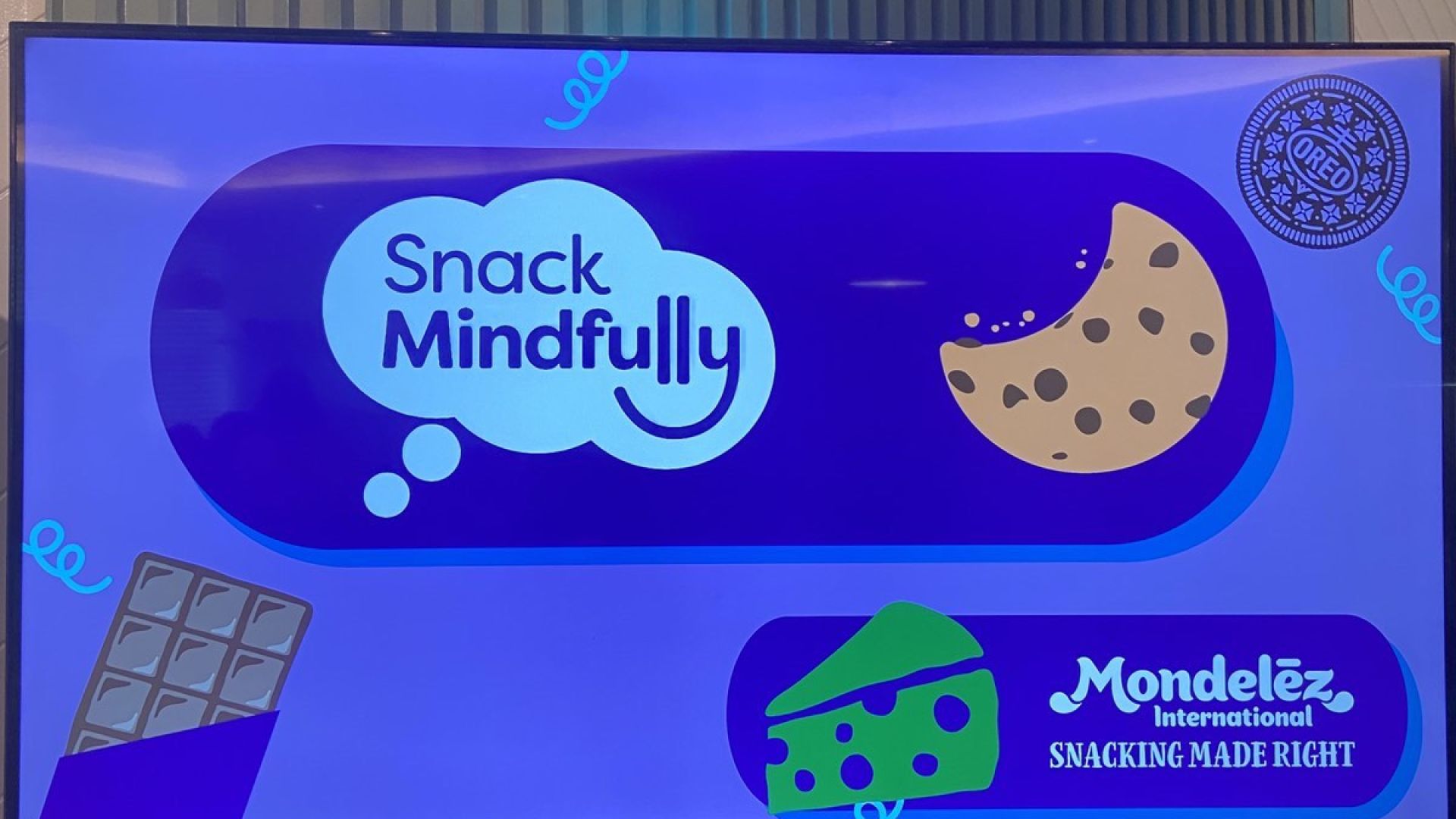People have always loved snacks but their lives are changing becoming busier than ever, and more health conscious, too. People want to feel good about their snacks not only that they taste delicious but also that they are good for their minds and bodies. To empower consumers to have a more positive relationship with food, snacks company Mondelēz International in the Philippines recently held an event which shared the concept of “Mindful Snacking” – which means eating with attention and intention. The event shared that how you eat is just as important as what you eat.
The event featured learning sessions from health experts in the fields of mindfulness and mindful snacking from the Nutritionist-Dietitians’ Association of the Philippines (NDAP) and Mondelēz International, respectively. The event shared with attendees the positive impacts of mindful snacking to the overall well-being of Filipino consumers.

More and More People are Snacking Mindfully
Survey insights presented during the event showed that 78% of consumers are more likely to take time while enjoying indulgent snacks. Two-thirds of consumers are also less restrictive in their eating habits than in the past, agreeing that they are more intuitively tapping into their mood and other factors to guide food choices. These insights are from Mondelēz International’s 2022 State of Snacking Survey, which helps the Company keep pace with current snacking attitudes and behaviors around the world and, importantly, anticipate and plan for future consumer trends.
“Our Purpose as a Company is to empower people to snack right. Consumers decide what and how they want to eat. Meanwhile we obsess over their interests and constantly innovate to make sure they continue to reach for the goodness of our snacks when they want a delicious, wholesome, nutritious or indulgent bite, made with ingredients and packaging they can feel good about,” said Mondelēz International Nutrition Strategy and Communications Senior Specialist Chain Yin Lim. “Research shows that people who eat mindfully have more pleasurable and satisfying eating experiences, have a positive relationship with food, are able to better manage their food portions and are less likely to overeat.”
She adds, “Nowadays, snacking occasions are common in our dietary patterns and the application of mindful eating is relevant towards more sustainable snacking practices. As a leading snack company, we are dedicated to empower consumers to make informed choices about their snacking habits.”
To snack mindfully, Lim offers these reminders:
- Know what you want
- Be aware of Portions
- Minimize distractions
- Notice the texture
- Finish one bite before starting the next
Present during the event to share their expert insights on mindfulness were NDAP President Eloisa Villaraza and past president Zenaida Velasco, active member of the Dietetic Practice Group, Behavioral Health Nutrition of the Academy of Nutrition and Dietetics. Velasco shared that “Mindfulness is being in the here and now. Focusing all energies and attention on the task at hand without worrying about our past mistakes and anxieties about the future.” Villaraza on the other hands shared that “It is important to understand why you want to eat, in order to determine what you should eat. You have to be present in the moment when you snack.”

The event also highlighted some of Mondelēz International’s products which support mindful snacking through portion-controlled packs, or those that contain 200 calories or less. These include Oreo 3-piece packs, Tiger Energy Biscuits, Cadbury Dairy Milk bites and Cadbury Shots. The snacks company offers these products to consumers to help them portion out or manage their snacks better.
“Mindful Snacking can be practiced anywhere, anytime and by anyone,” ends Lim. “Focusing on the present moment can help you discover a more satisfying and positive snacking experience. More pleasure and satisfaction in snacking can be achieved by savoring your food with all the senses. You can also better management of food portions and less likely to overeat by paying attention to hunger cues and feelings of fullness.”





